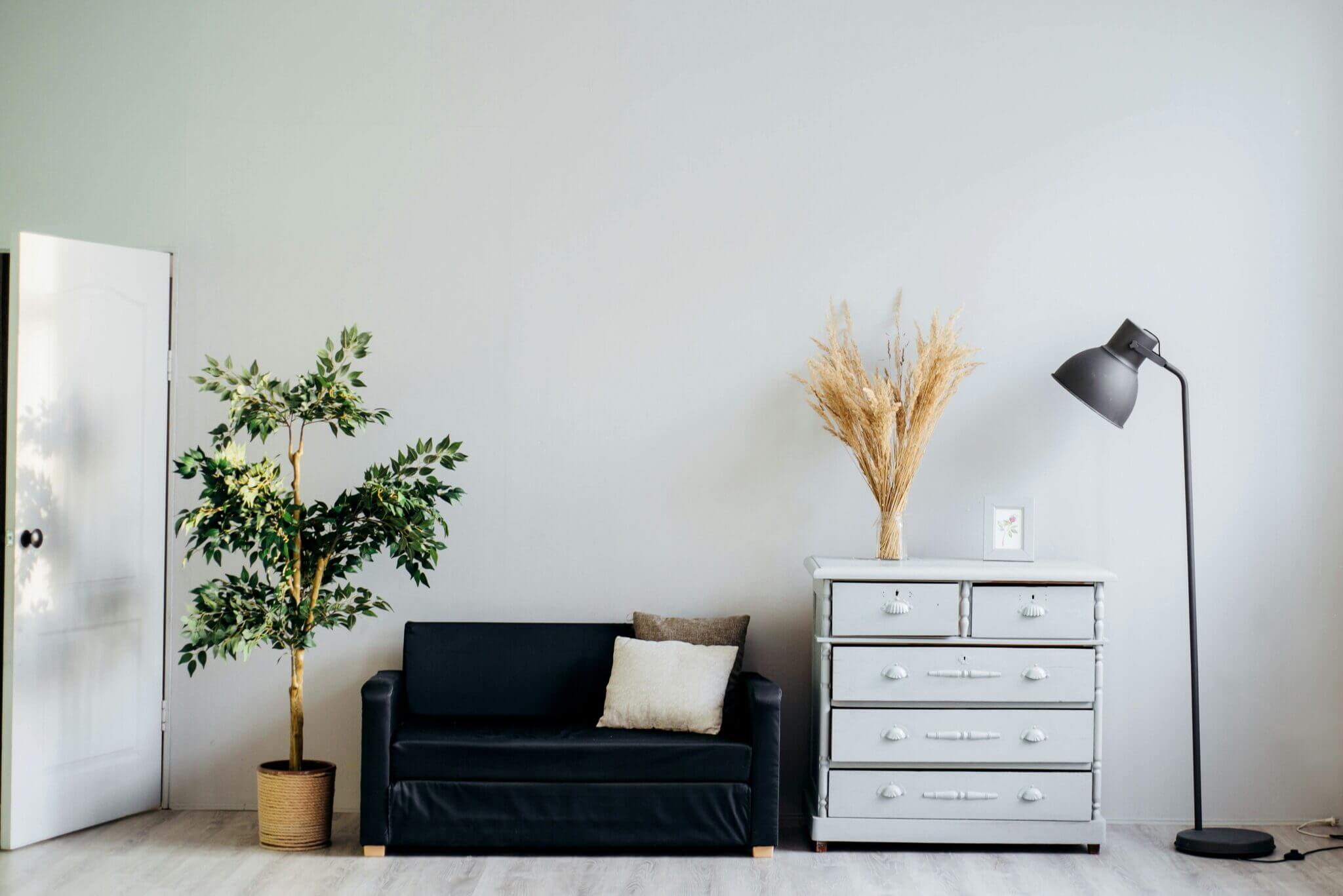
Restoring your home can be exciting and rewarding, especially when you use eco-friendly ideas. By making green choices, you save money, protect the planet, and create a healthier home for your family.
In this blog, we’ll explore simple and creative eco-friendly ways to restore your home.
Why Choose Eco-Friendly Restoration?
Restoring your home in an eco-friendly way is not only good for the earth but also for you! Here’s why it’s a great idea:
- Saves Energy and Money: Green choices reduce energy use, which cuts your bills.
- Improves Health: Natural materials are safer and reduce harmful chemicals in your home.
- Protects Nature: Using recycled and sustainable materials helps preserve natural resources.
Plan Before You Start
Before you begin, take some time to plan your project. Here are a few steps to guide you:
1. Set a Budget
Think about how much you want to spend. Eco-friendly choices can be affordable, but planning helps you stay on track.
2. Decide What to Restore
Is it your kitchen, bathroom, or maybe the entire house? List the areas you want to focus on.
3. Choose Green Materials
Research eco-friendly options like recycled wood, bamboo, or non-toxic paint.
Use Recycled Materials
Recycling isn’t just for bottles and cans. You can use recycled materials to restore your home!
1. Reclaimed Wood
Old wood from barns or other buildings can be used for floors, walls, or furniture. It’s strong, stylish, and eco-friendly.
2. Recycled Metal
Metal from old appliances or fixtures can be reused for light fixtures, furniture, or decorations.
3. Vintage Furniture
Instead of buying new, restore old furniture. A fresh coat of eco-friendly paint can make it look brand new!
Save Energy with Smart Choices
Restoration is a great time to make your home more energy-efficient. Here’s how:
1. Upgrade Windows
Install energy-efficient windows to keep your home cool in summer and warm in winter. This reduces energy use and lowers bills.
2. Use LED Lights
LED bulbs use less energy and last longer than regular bulbs. Plus, they’re available in many colors and styles.
3. Install Solar Panels
If your budget allows, solar panels are a great way to power your home with clean energy.
Use Natural and Non-Toxic Materials
Chemicals in some building materials can harm your health. Eco-friendly materials are safer and better for the environment.
1. Non-Toxic Paint
Look for paint labeled “low-VOC” or “no-VOC.” It’s better for indoor air quality and smells less.
2. Bamboo Flooring
Bamboo grows quickly, making it a sustainable choice for floors. It’s strong, beautiful, and eco-friendly.
3. Natural Insulation
Choose insulation made from materials like wool or recycled paper. It’s safe and keeps your home cozy.
Add Green Spaces
Plants can bring life to your home while improving air quality. Consider adding green spaces during your restoration.
1. Indoor Plants
Place potted plants in your living room, kitchen, or bedroom. They look great and clean the air.
2. Vertical Gardens
Create a garden on a wall. It’s perfect for small spaces and adds a fresh, modern touch.
3. Green Roofs
If you’re ambitious, turn your roof into a garden! Green roofs reduce heat and improve insulation.
Use Water Wisely
Water conservation is an important part of eco-friendly restoration New Jersey. Here are some ideas:
1. Install Low-Flow Fixtures
Use faucets, showerheads, and toilets that save water without reducing performance.
2. Rainwater Harvesting
Collect rainwater in barrels to water your plants or clean your outdoor spaces.
3. Fix Leaks
Check for leaks in pipes or faucets and repair them to save water and prevent damage.
Reuse and Upcycle
Don’t throw away old items—give them a new purpose!
1. Repurpose Doors
Old doors can become tables, headboards, or even shelves.
2. Use Mason Jars
Turn jars into lights, vases, or storage containers.
3. Creative Wall Art
Use leftover wood, tiles, or fabric to make unique decorations.
Involve the Whole Family
Eco-friendly restoration can be a fun family project! Here are some ways to include everyone:
- Painting Together: Let kids help with non-toxic paint.
- Decorating with Recycled Items: Create crafts together using old materials.
- Planting a Garden: Teach your kids about plants by starting a small garden.
Final Tips for Eco-Friendly Home Restoration
- Buy Local: Support local businesses to reduce shipping and transportation impact.
- Donate Unused Items: Give old furniture or materials to charity instead of throwing them away.
- Start Small: Even small eco-friendly changes can make a big difference.
Conclusion
Eco-friendly home restoration is a smart, kind, and creative way to improve your home. By using recycled materials, saving energy, and adding green touches, you can make your house a cozy, planet-friendly space.
Take it one step at a time, and enjoy the process. Your home and the earth will thank you! ?